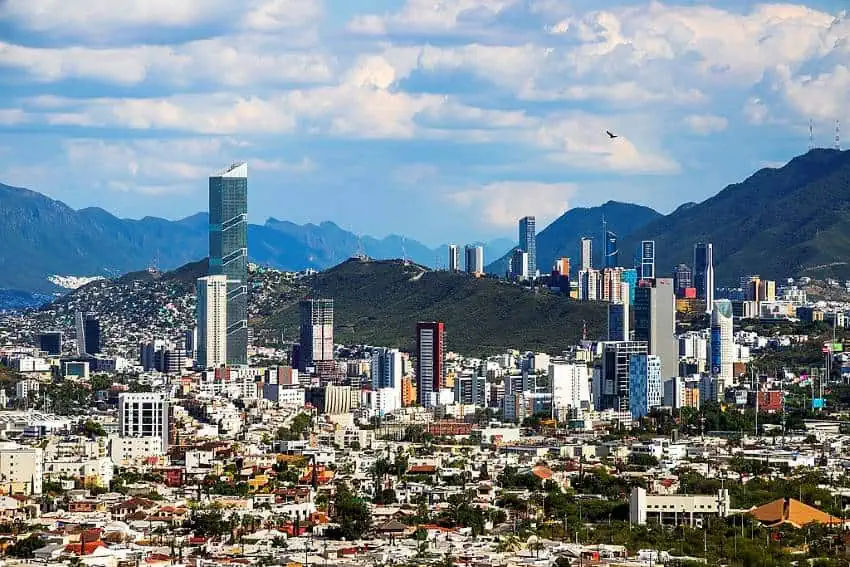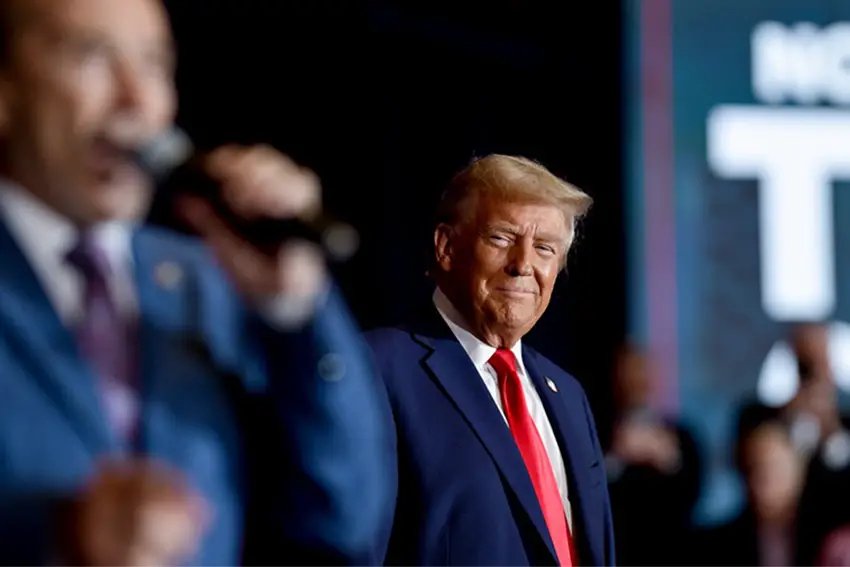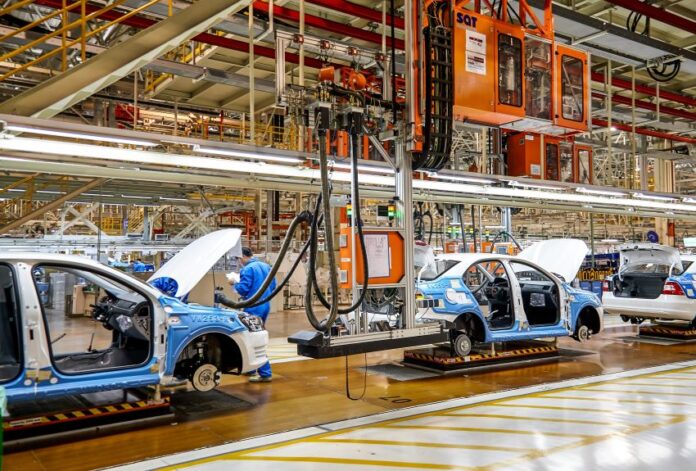The arrival of Donald Trump to the White House this week is already having a significant impact on foreign direct investment in northern Mexico.
On the one hand, Chinese companies have frozen US $1 billion in investments in the northern states of Nuevo León and Coahuila, according to El Economista newspaper.

On the other hand, U.S. companies are actively considering operational investments on the Mexican side of the border.
Citing Colliers, a real estate and investment management company, El Economista reported that eight U.S. companies have inquired about industrial park space in Monterrey, the capital of Nuevo León.
Trump election victory causes rethink
Chinese foreign direct investment in Mexico has grown at an average rate of 50% since 2018, according to Americas Quarterly magazine. And Chinese companies’ rapid inroads into the Mexican car market, where it now sells one-fifth of all new automobiles, has raised concerns in the United States and Canada that Mexico could serve as a “back door” for Chinese goods entering the U.S. under preferential trade terms.
Chinese companies had been moving to Nuevo León in droves until last year’s U.S. presidential election, after which many investment plans came to a halt.
“There were 12 projects that were suspended after Donald Trump’s victory,” Collier’s Sergio Reséndiz told El Economista, saying that US $1 billion in investments from companies in the automotive and electrical appliance sectors was at stake.

However, not all reactions have been negative: Last September, the Hofusan Industrial Park in Salinas Victoria, Nuevo León, announced expansion plans. Hofusan — a joint investment involving two Chinese entrepreneurs and the local Santos family — has attracted US $1.5 billion in investment from the 40 transnational companies (30 of which are Chinese) located at the 300-hectare site since it opened in 2017.
During an interview with CNN, park manager César Santos recognized that while tariffs threatened by Trump could dramatically impact operations at Hofusan, the companies could direct their products to other markets. Santos did not address the status of the proposed expansion.
Dawn of a new era?
Reséndiz said Colliers was cautious in evaluating its prospects for 2025 following Trump’s victory but that the new year has brought pleasant surprises.
Rather quickly, he said, U.S. companies began reaching out.
“Since Jan. 2, we’ve had visits from eight [U.S.] companies that don’t have operations in Mexico who were exploring the [real estate] market in Monterrey,” he said. These companies run the gamut from automotive to appliances to electronics to medical equipment, Reséndiz said, “and they want to install factories here.”
Reséndiz told El Economista that the total potential investment could exceed US $700 million in real estate alone, with machinery and infrastructure investments to come later.
Although he emphasized the diversity of the inquiring companies, Reséndiz said Mexico’s automotive sector appeared to be the most attractive to U.S. companies.
“We asked why they are interested in coming down here, and there appears to be a clear expectation that auto sales will rebound under Trump,” he said.
When asked about the possibility of tariffs, the investors told him that as Americans, they were free to come to Mexico, voicing the expectation that no duties would be levied on their goods since the companies originated in the United States.
With reports from El Economista and Americas Quarterly
